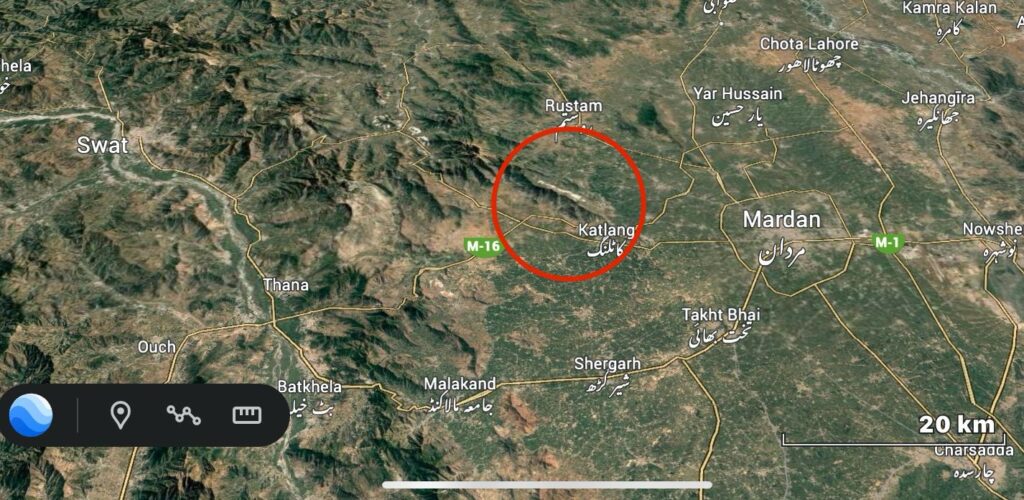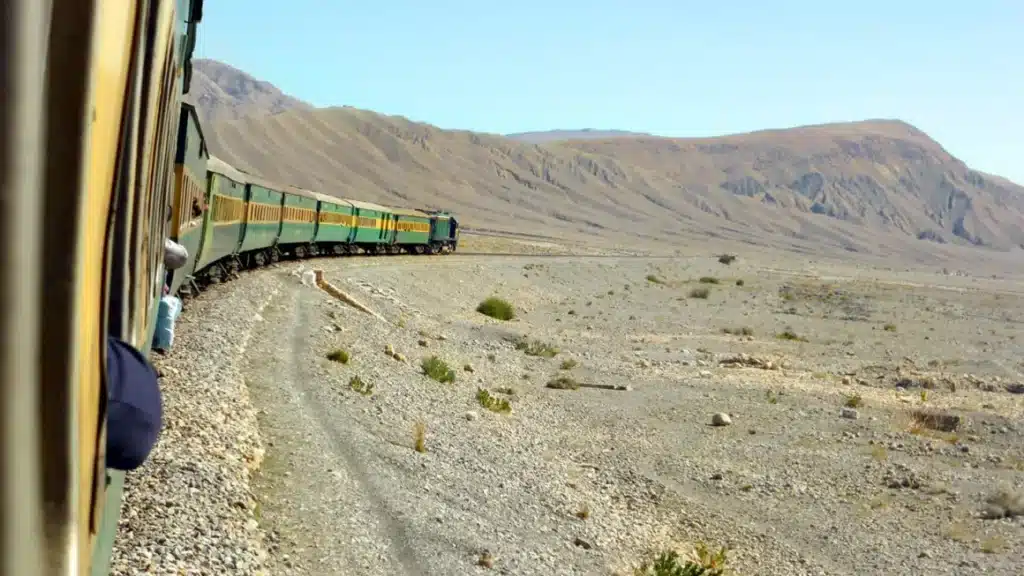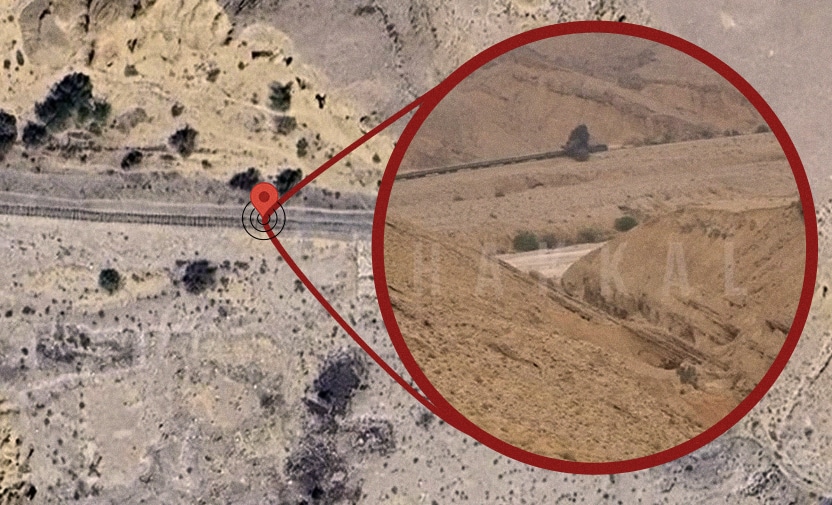By: Tania Bazai
In a land where tribal customs are often treated as divine commandments, a woman’s life remains perilously cheap. In our society, a woman’s greatest crime is the desire to live on her own terms, and the justice system of so-called custodians of “honour” is to turn her dead body into a public warning.
And once again, Pakistan is in mourning—not just over a woman’s brutal murder, but over the haunting reality that this crime is far from rare.
Her name was Bano, while holding the holy Quran was executed in cold blood by over twenty armed men. Her crime? Choosing to marry the man she loved. Her punishment? Public humiliation, violence, and death.
The video of her murder has shaken the country to its core, but not because such atrocities are unheard of. It is only because—for once—this cruelty was caught on camera. The rest are buried silently, along with their victims, under the heavy soil of so-called honour.
We watched in horror as Bano, holding the Quran in her hands, begged them: “Don’t touch me. Just shoot me.” Even in the face of certain death, she stood with dignity. Yet her voice was drowned by bullets and her body desecrated by those who claim to uphold “honour.”
What kind of honour is this, where twenty men attack one unarmed woman? What masculinity is this, that finds courage only in oppressing the weak? And what system is this, where justice is outsourced to tribal councils and illegal jirgas that operate above the law, often under the state’s protection?
Let us be clear: no religion sanctions this barbarity. Islam, in particular, is a faith of compassion, consent, and justice. The Quran—Surah An-Nisa, verse 19—clearly declares that a woman’s consent is essential in marriage. Forced marriage is prohibited. So, who are these self-declared custodians of culture who reject both state law and Shariah, and instead impose their own patriarchal tyranny?
The truth is brutal: in provinces like Balochistan, Sindh, and even parts of Punjab, “honor killings” are not rare—they are routine. According to estimates, 60 to 70 such cases have occurred in Balochistan alone in recent years, most without media attention, public outrage, or justice.
Women returning from abusive marriages are told by their own families, “Go back—we cannot feed you.” The same brothers who later claim to defend their family’s honor with guns have no regard for their sisters’ well-being or safety. Instead, a deep-rooted culture of “peghor”—public taunting and shame—kills women long before any bullet does.
Why is it that these so-called “men” are silent when it comes to challenging armed insurgents like the TTP or BLA, but become fearless executioners when it comes to their own sisters and daughters?
When the video of Bano’s murder finally went viral, the state stirred from its slumber. But even then, instead of honouring the victim, officials attempted to discredit her. The Chief Minister of Balochistan stated that she was not legally married and had five children, implying that her murder might somehow be justified.
Since when does marital status determine whether someone deserves to live? This is not a state of laws—it’s a state within a state: the constitutional republic on paper, and the tribal patriarchy in practice.
Why do we allow illegal jirgas to exist? Who are the men sitting in these so-called councils? What is their legal or moral qualification? Do they understand the law of the land? Religion? Ethics? No. Yet they hand out death sentences to women with impunity, while the state looks away.
And we must ask: why is the punishment of these tribal customs—like sawara, wani, badal-e-sulah, and karo-kari—always reserved for women? Why do men escape unscathed from the same moral judgments?
Across Pakistan, women are denied equal rights in property, in marriage, in divorce, in protection, and in dignity. Their value is measured not in character or ability, but in their obedience to silence and submission. Those who defy it—like Bano—are made examples of.
The global message is chilling: that in our society, a woman’s love is a crime, her voice is a threat, and her life is disposable.
Let us stop calling these murders “honour killings.” There is no honour in killing. It is murder, plain and simple, and must be treated as such—by law, by society, and by conscience.
The Quran gives women dignity and rights. But we have abandoned it in favour of tribalism and toxic masculinity. We do not need new laws—we need the courage to apply the ones we already have. We need to educate our sons to raise men who see women as equals, not as property, not as shame.
We need to rid our society of the poison of peghor—this culture of taunts and gossip that fuels murder. We need to reject those who hide behind custom and cowardice.
And we need to remember Bano, not as a tragic exception, but as the symbol of hundreds of silenced daughters buried without justice.
Pakistan must decide: Will we be a nation of law, or a prison of tribal shame?





